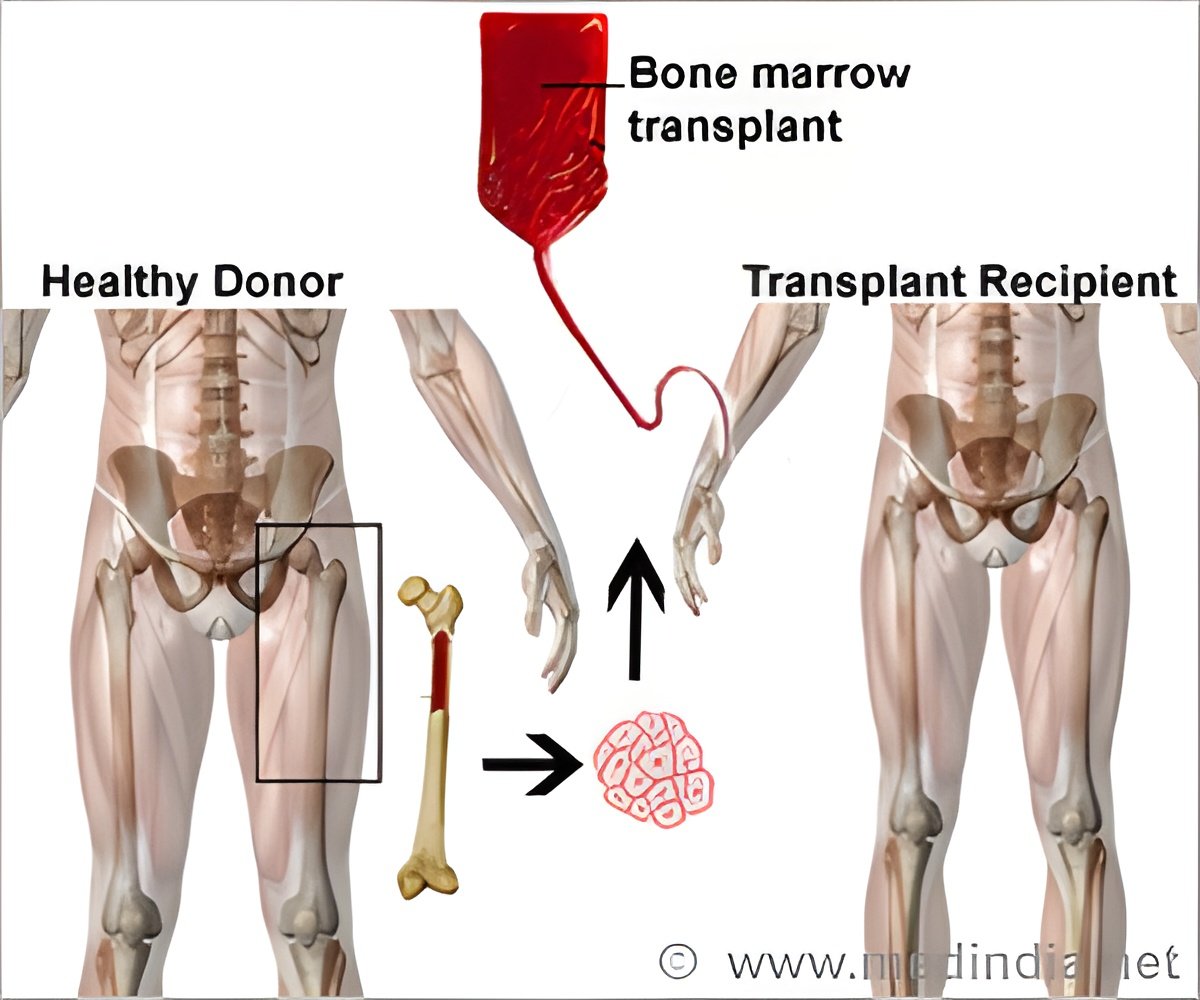The new type of magnetic resonance imaging (MRI) scan could improve care for a type of cancer called myeloma, and replace the painful and the unreliable biopsies of Bone Marrow.

It received funding from Cancer Research UK and the National Institute for Health Research Clinical Research Facility in Imaging, with additional funding from the EPSRC.
The new whole-body, diffusion-weighted MRI scans showed the spread of cancer throughout the bone marrow of patients with myeloma - one of the most common forms of blood cancer - more accurately than standard tests. The scans also showed whether the patients were responding to cancer treatments.
In the study 26 patients had whole-body, diffusion-weighted MRI scans before and after treatment. In 86% of cases, experienced doctors trained in imaging were able to correctly identify whether patients responded to treatment. The doctors also correctly identified those patients who weren't responding to treatment 80% of the time.
Using the scanning technique, doctors could pinpoint exactly where the cancer was in the bones, with the results available immediately. Conventional tests include bone marrow biopsies and blood tests but neither shows accurately where the cancer is present in the bones.
The researchers also assessed the visible changes on the MRI scans, using a measurement called the Apparent Diffusion Coefficient (ADC), which records how restricted water movement is within tissues. Changes in this measurement correctly identified treatment response for 24 of 25 myeloma patients.
Advertisement
Professor Nandita deSouza, Professor of Translational Imaging at The Institute of Cancer Research and Honorary Consultant at The Royal Marsden, said: "This is the first time we've been able to obtain information from all the bones in the entire body for myeloma in one scan without having to rely on individual bone X-rays. It enables us to measure the involvement of individual bones and follow their response to treatment.
Advertisement
Dr Faith Davies, member of the Myeloma Targeted Treatment Team at The Institute of Cancer Research and Honorary Consultant at The Royal Marsden, said: "Myeloma can affect bones anywhere in the body, which is why this study is so important. We've shown that whole body MRI scans can accurately monitor how myeloma patients are responding to treatment, allowing doctors to make more informed decisions. With this new scan, if a treatment isn't working the patient can be moved onto new therapies that might be more effective much more quickly.
"This is a small study, so our next step will be to try out the technology in more patients and refine it. In the future we hope this new tool will help doctors extend the life of more myeloma patients. "
Julia Frater, Cancer Research UK's Senior Cancer Information Nurse, said: "Finding kinder ways to monitor how patients respond to treatment is really important, particularly in the case of myeloma where taking bone marrow samples can be painful. This research demonstrates how an advanced imaging technique could provide a whole-skeleton 'snapshot' to track the response of tumours in individual bones. Finding ways to make treatments gentler and improve the experience for patients is an important focus for Cancer Research UK and the research we fund."
Source-Eurekalert















